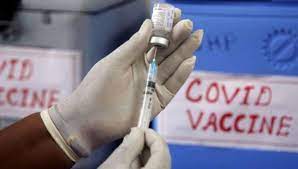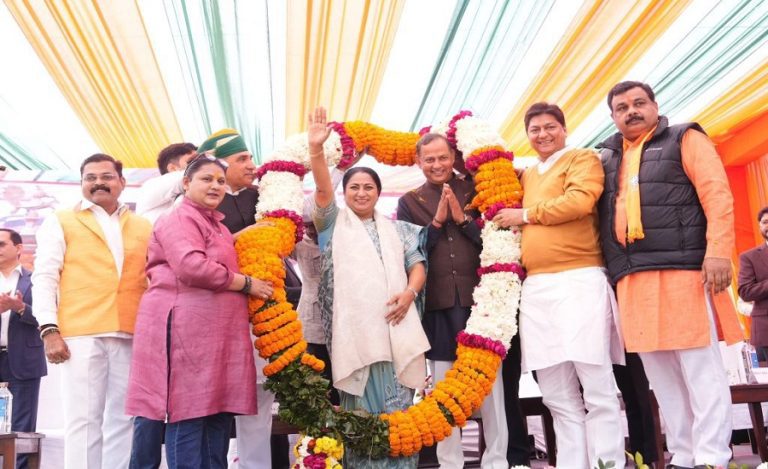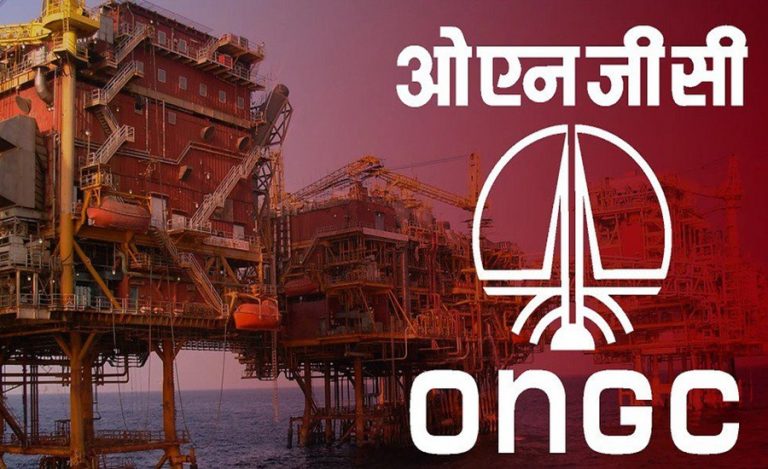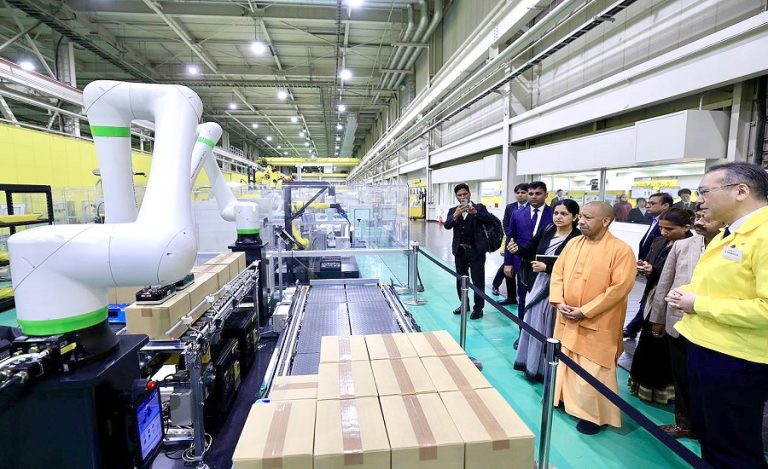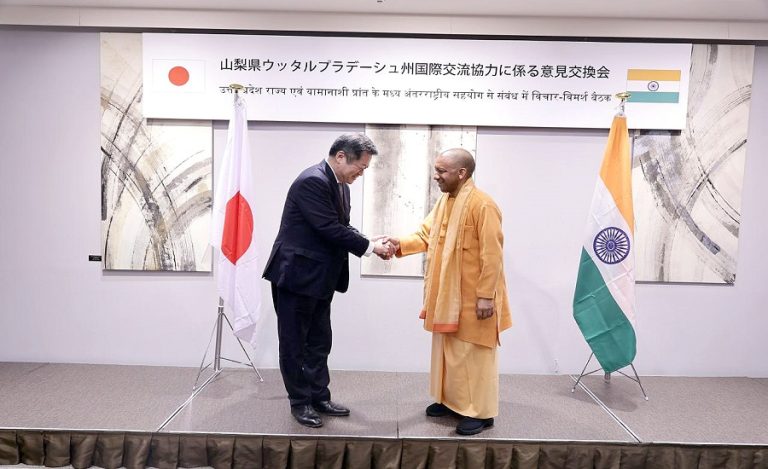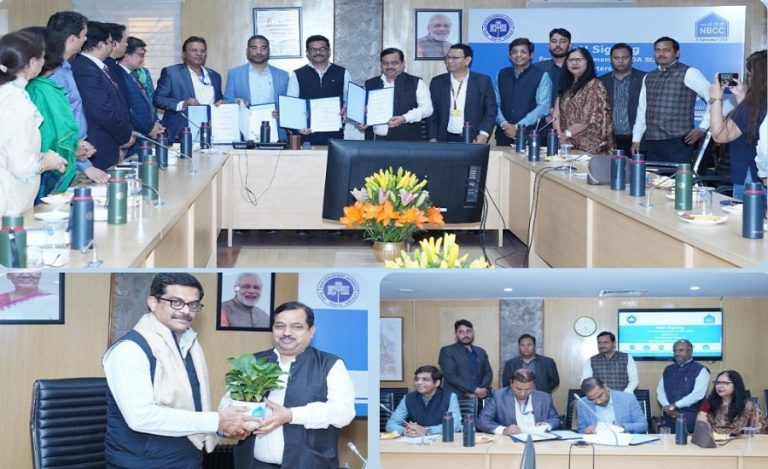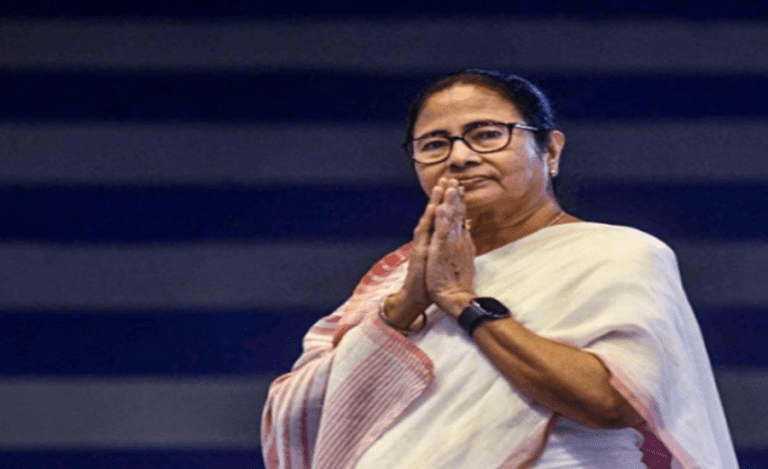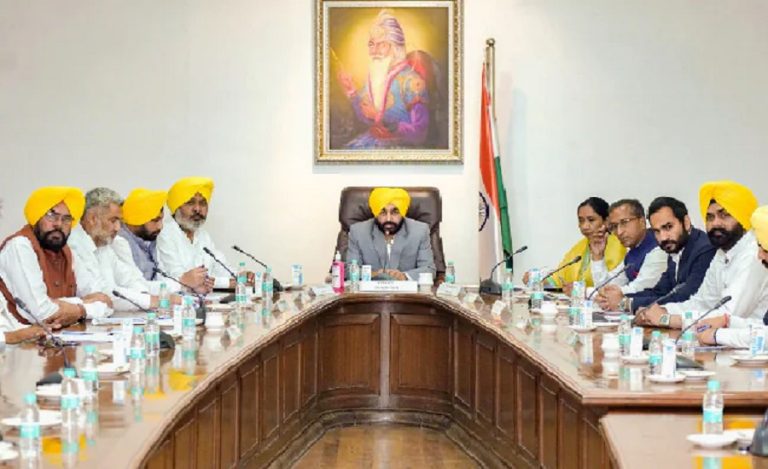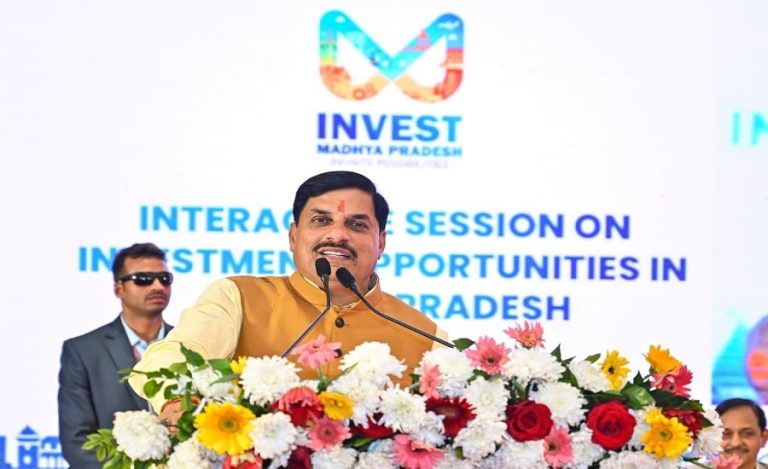New Delhi: On 28 October 2025, the Supreme Court of India, in a hearing led by Justices Pamidighantam Sri Narasimha and R. Mahadevan, stressed that the country owes a debt of gratitude to doctors who placed their lives on the line during the COVID-19 pandemic.
Background of the Covid-19 Doctors Compensation Case
The case originated with a petition filed in the Bombay High Court by the widow of a medical practitioner who died during the pandemic after being asked to keep his dispensary open. The petition contested the denial of compensation under the central government’s “Insurance Scheme for Health Workers Fighting Covid-19”.
During the hearing, the Bench clarified that it will not evaluate individual claims at this stage but will issue general guidelines applicable across the country. The court directed the government to provide data on claimed deaths and other parallel schemes in operation.
Covid-19 Doctors Compensation Case: Key Highlights of the Judgment
National obligation: “Society wouldn’t forget us if we don’t take care of our doctors,” Justice Narasimha declared, adding that “the first profession that protects human life is the doctor.”
Scope of order: The court will issue general principles for compensation rather than adjudicate each case individually.
Data requirement: The government, represented by ASG Aishwarya Bhati, was asked to submit data on how many health workers died in COVID-19 service and information on parallel benefit schemes.
Schemes under lens: The hearing meshes around the “Insurance Scheme for Health Workers Fighting Covid-19” and the central government’s “Pradhan Mantri” schemes addressing pandemic risk to health workers.
Importance of Covid-19 Doctors Compensation
Recognition of sacrifice: The statement sends a strong message of respect to medical professionals who bore the brunt of the pandemic, reinforcing their status as frontline heroes.
Uniformity and equity: By moving to guideline-based resolution, the court aims for consistent treatment of claims across states, avoiding patchy compensation regimes.
Administrative clarity: The directive for data compels governments to account for health worker deaths and benefits, enhancing transparency.
Moral compass for policy: The emphasis shifts from purely legal to moral-ethical — that a society’s commitment to its healers is critical, especially after an unprecedented crisis.
Take-away for Readers & Stakeholders
For healthcare workers & families: This ruling is a beacon of hope for medical professionals and the kin of those who lost their lives — signalling the judiciary’s willingness to protect their rights.
For state & central governments: The direction to submit data and draft guidelines means administrative accountability will rise; policy gaps in compensating health-workers will come under scrutiny.
For society and media: It’s not just a legal case. The court’s strong language underscores the broader social contract: those who defend life must themselves be defended when the times turn perilous.
For legal community: The preferred route of issuing general guidelines instead of individual adjudication invites streamlined scheme-design and may reduce litigation burden.

